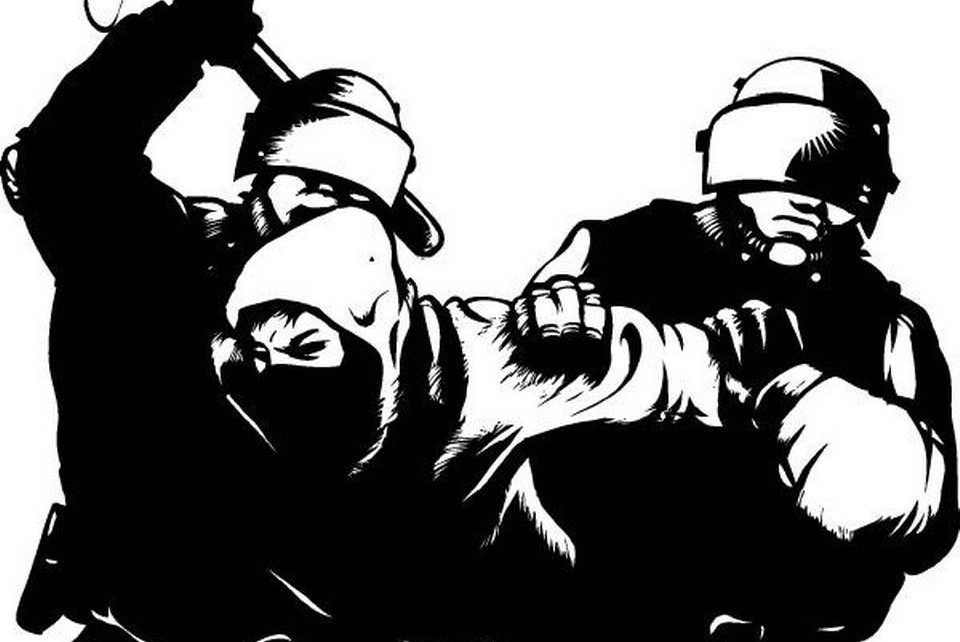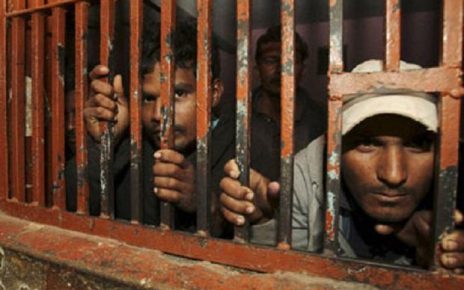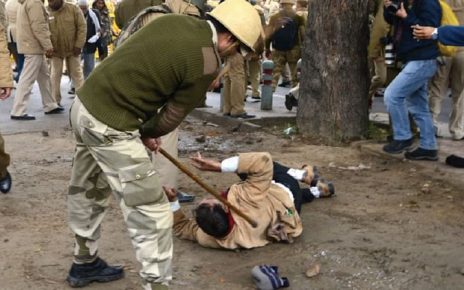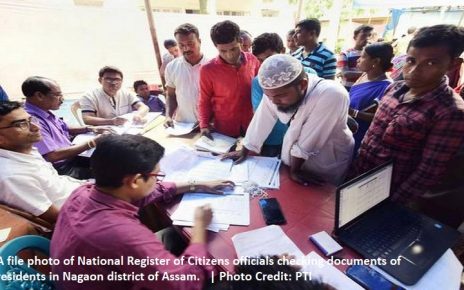The Hindu
03 July 2020
By Vaishna Roy
Can the anger around Jayaraj and Benicks break societal indifference to custodial violence?
Last year, 1,731 people died in police or judicial custody in India, which translates into some five deaths a day. Almost 75% of those who died in police custody had been tortured. The details of the methods used are not pretty to read: nails were hammered into them; chilli powder applied on their private parts; they were branded, stripped, urinated upon; violated with batons and more.
Five custodial deaths a day. More than 1,500 deaths in a year. And it barely raised a ripple in our consciousness. So how did the case of Jayaraj and Benicks, who died in police custody in Tamil Nadu’s Thoothukudi district, penetrate the noise of border skirmishes and orchestrated television fury and manage to touch our carefully selective conscience?
Over the years, activists have taken up many such cases, but popular response has always remained blissfully serene. Something was different this time. For one, the Delhi-centric media cabal was prodded into headlining the news on primetime rather than tucking it away in a mid-morning broadcast. This munificence, in turn, happened because their hand was forced by insistent social media posts. And why did the beautiful people of social media, the divas, actors and chic columnists, get bothered by the deaths of two people whose names they could not pronounce in a city whose existence they had not heard of? Because George Floyd.
The interconnected space that is social media outrages about something in Finland or Faridabad with the same felicity of intimacy and rage. As the powerful visuals and videos from the Floyd case exploded on their device screens, Indians saw ordinary people in the US, the UK and Europe reacting forcefully against police excess. Our Netizens and Twitterati saw the people of these nations articulating expectations and demanding behavioural norms from their uniformed forces that pointed to what Indians ought to have demanded years ago and chose not to.
The potent images of hardened American cops taking a knee in front of protesting crowds in a gesture of apology and solidarity seem to have made Indians see that when ordinary citizens raise a voice against institutional excess, institutions do respond. That wearing a uniform doesn’t grant immunity from questioning. That being a policeman isn’t a free pass for gratuitous violence. Impervious as we’ve been to every egregious use of power and intimidation over the years, today even we have been shamed into demanding that the police be subject to the same law that they are trained to uphold.
It should not take two horrific deaths to make us see this, but we are so cosseted by class, caste and connections that police brutality is always a faraway thing that happens to other people. People we can slot into neat categories — rowdy, criminal, terrorist and even, these days, students, activists and journalists — people who we decide “deserve it”, where “it” ranges from imprisonment without bail to harassment and mild beatings to full-fledged torture.
The National Campaign Against Torture report, whose findings I began this piece with, says that 60% of those who died in police custody last year belonged to poor and marginalised communities — they included Dalits, tribals, Muslims, labourers and rag-pickers, among others. None of us know their names or why they were picked up. None of us heard about their deaths leave alone get outraged about it.
If today we are finally angry about the deaths of Jayaraj and Benicks, one hopes it will stand for something. In the wake of Floyd’s death, the US is contemplating a Bill that bans chokeholds, creates a national police misconduct registry, removes “qualified immunity” for police-persons, and requires all enforcement personnel to wear body cameras. Is it possible that we can create a similar reforms bill that will enforce more accountability from our police?
US Congressional Black Caucus leader Karen Bass said last month, “A profession where you have the power to kill should be a profession that requires highly-trained officers who are accountable to the public.” For the longest time, our police forces have been accountable only to the politicians in office at the time. If now we want them to be accountable to the people, then it’s we the people who have to hold them to account.
Where the writer tries to make sense of society with seven hundred words and a bit of snark.




